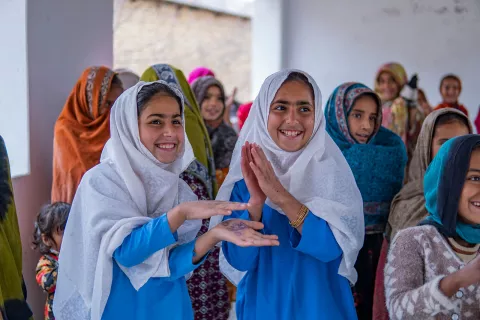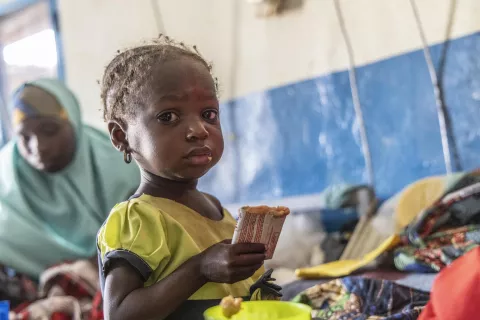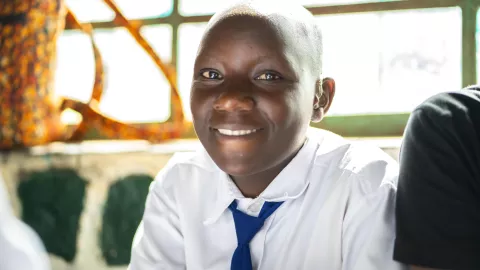Supply Annual Report 2006
The report provides detailed statistics on UNICEF's local and international procurement and other key results.
Highlights
In 2006, UNICEF procured vaccines for 40 per cent of the world’s children, antiretroviral medicines for 49 countries, and remained one of the largest buyers of mosquito nets and therapeutic food for children and infants in the world. Over 12 million children went back to school in 2006 with the support of UNICEF educational supplies. UNICEF also assisted 60 countries to respond to emergencies through the timely delivery of essential commodities. In addition, UNICEF provided procurement services to governments and other partners to supply essential commodities for children and their families.
The Organisation procured $1.2 billion worth of supplies, of which $927 million was international procurement1 (with an additional $46 million worth of freight). Nearly half of these supplies were sourced from developing countries.
Vaccines and related supplies constituted the bulk of UNICEF’s procurement activities, representing nearly $560 million and three billion doses. To support global efforts in fighting HIV/AIDS and malaria, the procurement of antiretroviral medicines and HIV test kits, antimalarials and mosquito nets showed a significant upward trend. Procurement for antiretroviral medicines (ARVs) and HIV test kits capped $44.5 million, and thanks to drops in prices, the number of procured treatments and kits reached an unprecedented level.
UNICEF has forged a network of strategic partnerships to leverage resources for children. Nearly half of Supply Division’s procurement is done on behalf of external partners such as governments, donors, NGOs and academic institutions. In 2006, the value of all these transactions through Procurement Services totalled $449 million. Commodities were shipped to more than 230 partners in 97 countries around the world.




